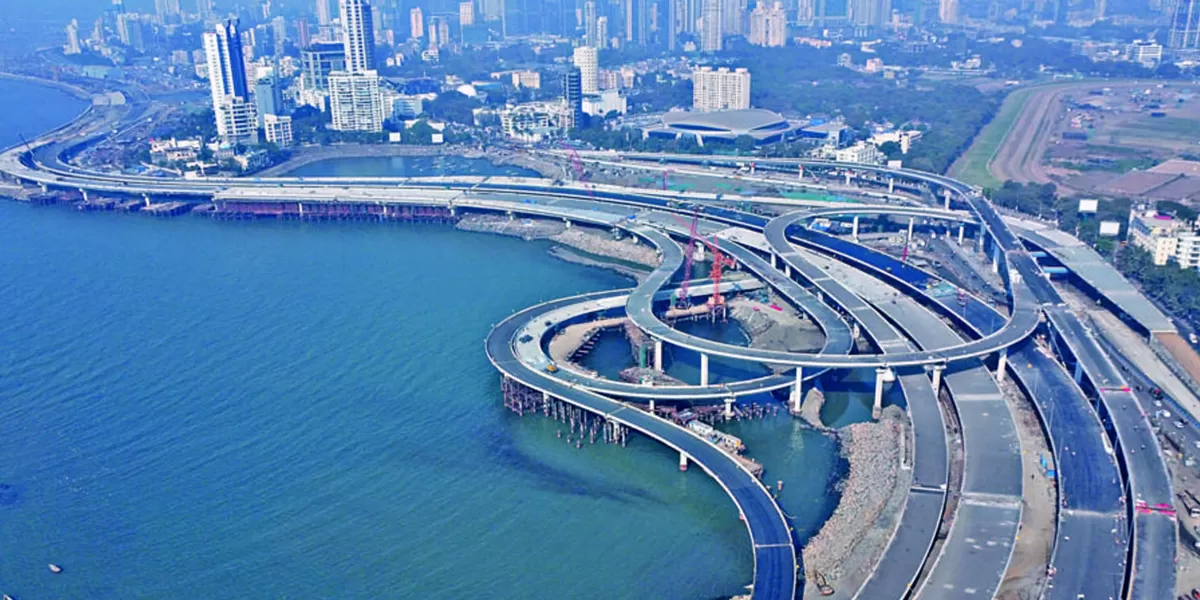Nearly a year after the opening of Mumbai’s Coastal Road, the Brihanmumbai Municipal Corporation (BMC) has appointed Reliance Industries Ltd (RIL) to develop 53 hectares of reclaimed open space between Priyadarshini Park and Worli. The project, which aims to transform the stretch into landscaped public areas, will begin after RIL submits a design proposal in three to four months.
BMC Commissioner Bhushan Gagrani signed the letter of intent on May 30, confirming the agreement. RIL was the only applicant meeting all technical criteria in the civic body's expression of interest call issued earlier this year. The scope of the project includes parks, gardens, waterbodies, cycling and pedestrian tracks, and possibly commercial activities—pending Supreme Court approval.
Originally, BMC planned to execute the project independently along the Rs 130 billion Coastal Road, but this was dropped due to the projected additional Rs 4 billion cost and budget pressures from other large-scale infrastructure projects.
Under the revised plan, RIL will develop and maintain the open space for 30 years, with an option to extend for another 30. The civic body has confirmed that the designs will be reviewed with possible input from external landscape architects.
Meanwhile, public sentiment has called for ecologically sensitive development. An online petition with over 40,000 signatures supports the creation of an "urban forest" across the area. Nandini Chabria, part of the team behind the proposal, suggested dividing the land into zones: salt-tolerant species like Kewda and mangroves on the seaward side, native flowering and shade-giving trees like Jamun and Amaltas in the central zones, and evergreen varieties along the roadside. The proposal, submitted to BMC, is under active consideration, Gagrani confirmed.
However, a small portion of the 53 hectares—approximately 0.5 hectares—has been excluded. This includes 3,000 sqm claimed by Breach Candy Club and 2,300 sqm by Breach Candy Hospital, both asserting their claims over intertidal reclaimed land. The hospital has received approval to convert its share into a parking lot, while the club is still processing its claim. Despite exclusion from the open space plan, no construction will be permitted on these areas due to zoning restrictions, and public access is unlikely.
This initiative not only marks a significant step in enhancing Mumbai’s green footprint but also sets a precedent for public-private collaboration in urban environmental regeneration.


